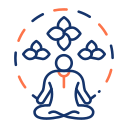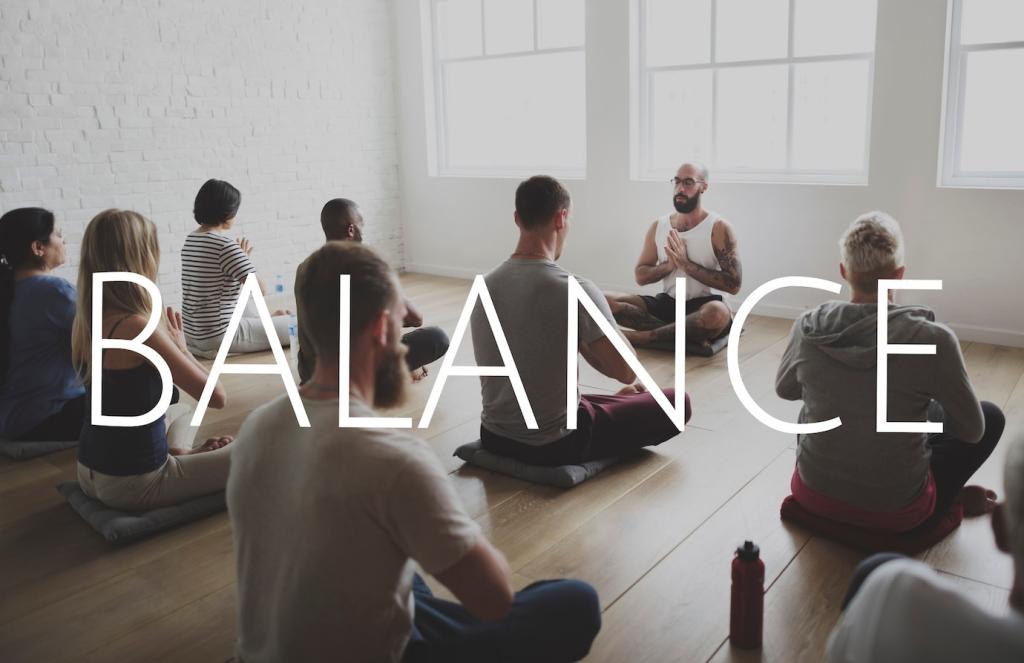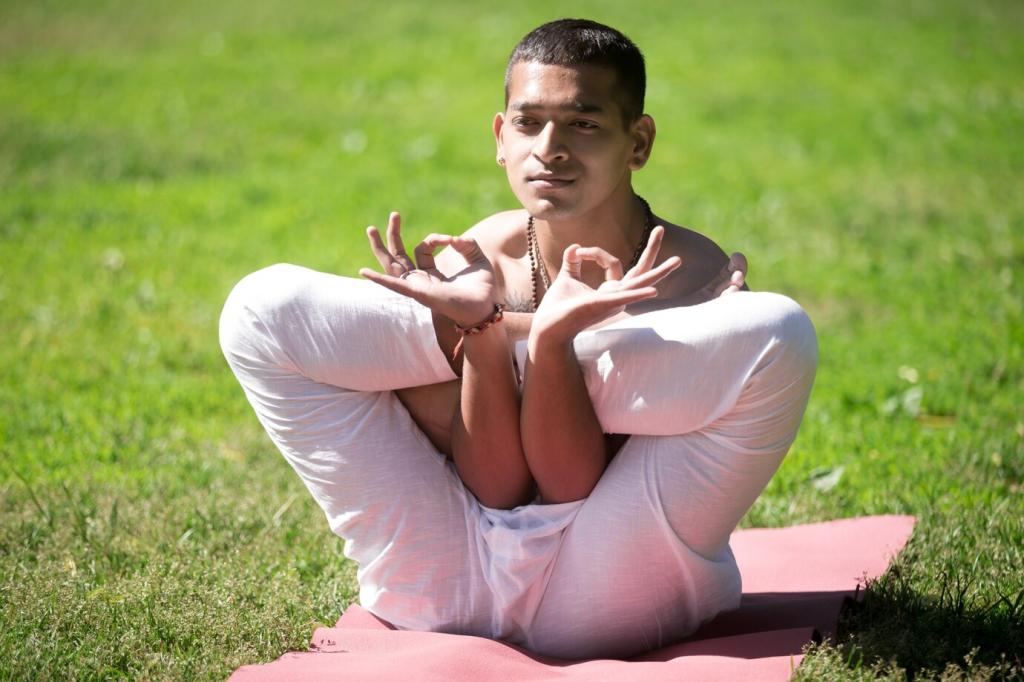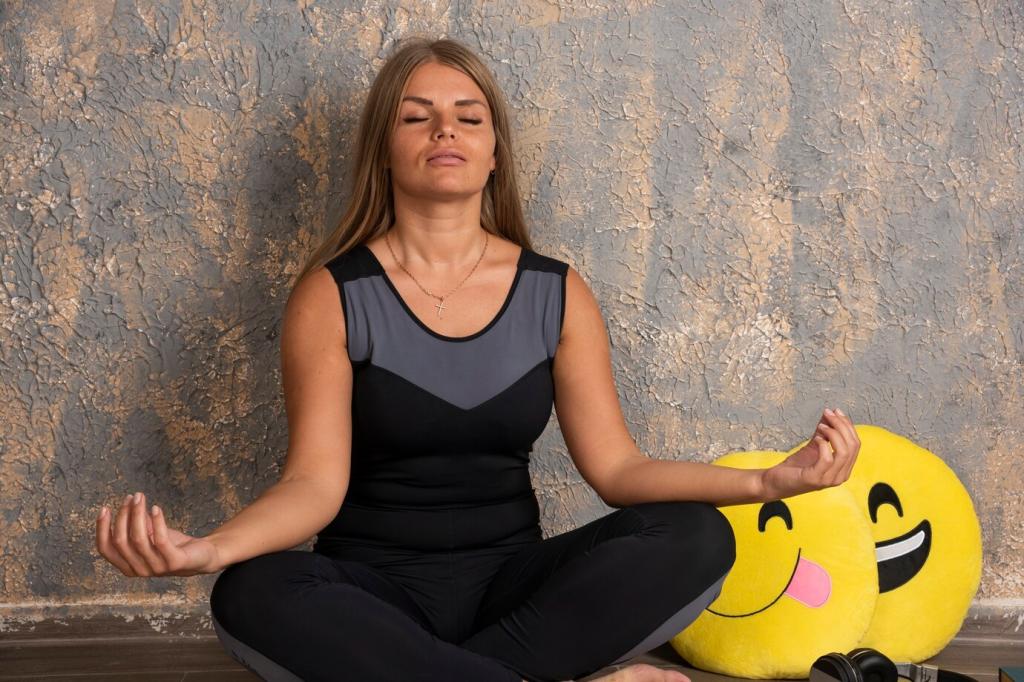Practice Design: Dose, Context, and Consistency
Begin with minutes, not marathons. Curiosity keeps practice warm when motivation cools. Choose an anchor—breath, sound, or sensation—and gently return when distracted. Commit to a seven-day experiment, track effort not perfection, and tell us which anchor felt most friendly to your nervous system.
Practice Design: Dose, Context, and Consistency
Habits love cues. Pair practice with coffee aroma, sunrise light, or a favorite chair. Reduce friction by preparing headphones, timer, and posture options. What cue will you test tomorrow morning? Share your setup so others can borrow clever ideas and refine their own environments.




